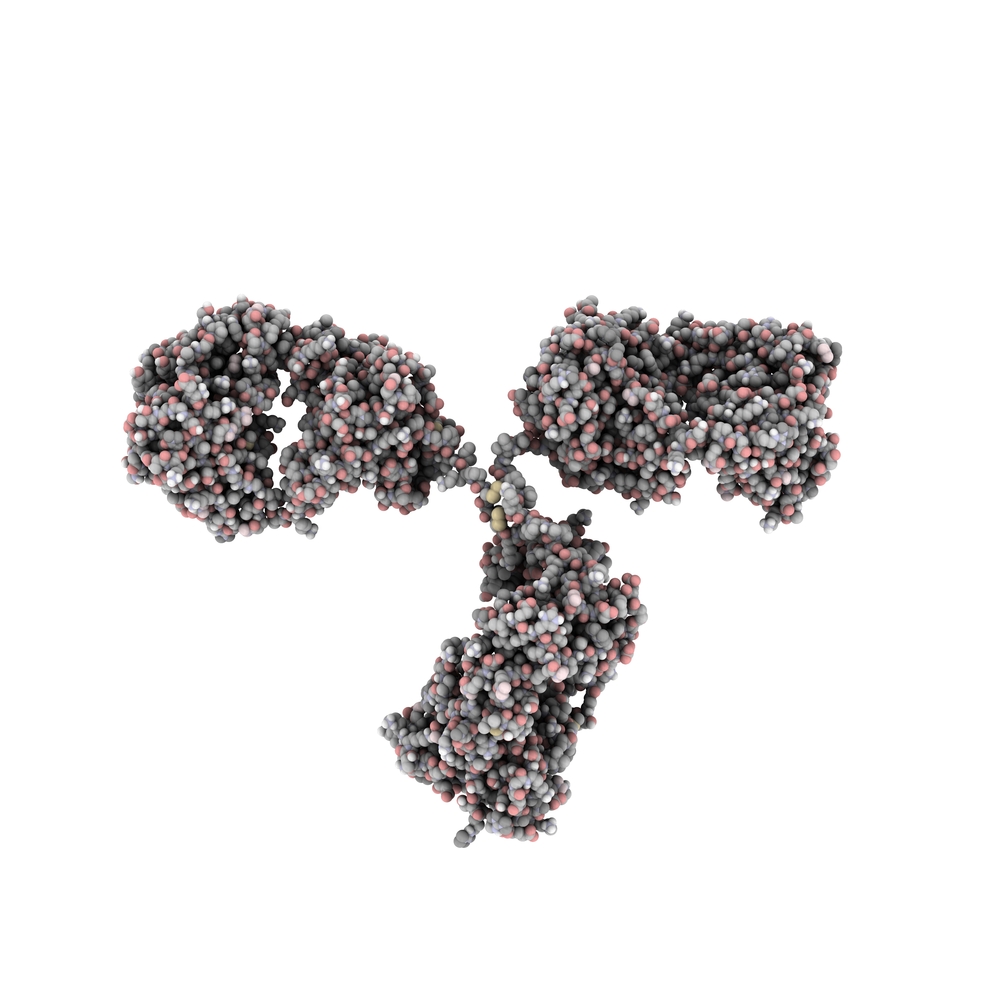RABBIT ANTI-BORRELIA BURGDORFERI POLYCLONAL ANTIBODY
This polyclonal antibody recognizes the spirochete Borrelia burgdorferi, which is the causative agent of Lyme disease.
PRODUCT DETAILS – RABBIT ANTI-BORRELIA BURGDORFERI POLYCLONAL ANTIBODY
- Rabbit Anti Borrelia burgdorferi antibody.
- Immunogen was prepared from a whole cell lysate of Borrelia burdorferi.
- Suitable for use in ELISA, Western Blot, IFA and IHC applications.
BACKGROUND
The Borrelia burgdorferi species belongs to the Borrelia burgdorferi sensu lato species complex of spirochetes. B. burgdorferi is a member of the genus Borrelia of the family Spirochaetaceae. In nature, spirochetes are maintained in a transmission cycle between hard ticks of the Ixodes species and a reservoir of small-medium sized vertebrate, and in some cases birds. In humans, infection occurs through the bite of a tick infected with the spirochete. Infection with B. burgdorferi in humans can cause a condition known as Lyme disease or Lyme borreliosis. Five Borrelia species have been reported to infect humans, including B. burgdorferi sensu stricto in North America and Europe, B. garinii, B. bavariensis, B. afzelii in Europe and Asia, and B. spielmanii in Europe. B. afzelii and B. garinii account for most cases of Lymes disease in Europe, which are transmitted by the hard tick Ixodes Ricinus and maintained in small vertebrates and birds.
The spirochete is a highly specialized, motile, two-membrane, spiral shaped bacteria which lives primarily as an extracellular pathogen. B. burgdorferi has an unusual genome compared with other eubacteria which includes a linear chromosome approximately one megabase in size and numerous linear and circular plasmids. Despite a robust humoral immune response, Borrelia may persist in humans and animals for months or years following initial infection. The resulting Lyme disease is a multisystemic, multistage, inflammatory infection resulting in patients experiencing cardiac, neurological, and arthritic complications when not treated with antibiotics. There is a global increase in tick-vectored disease incidence and distribution; Lyme disease is now the most common arthropod-borne disease in the United States and expanding across Europe, as reviewed by Brandee et al. (2017).

